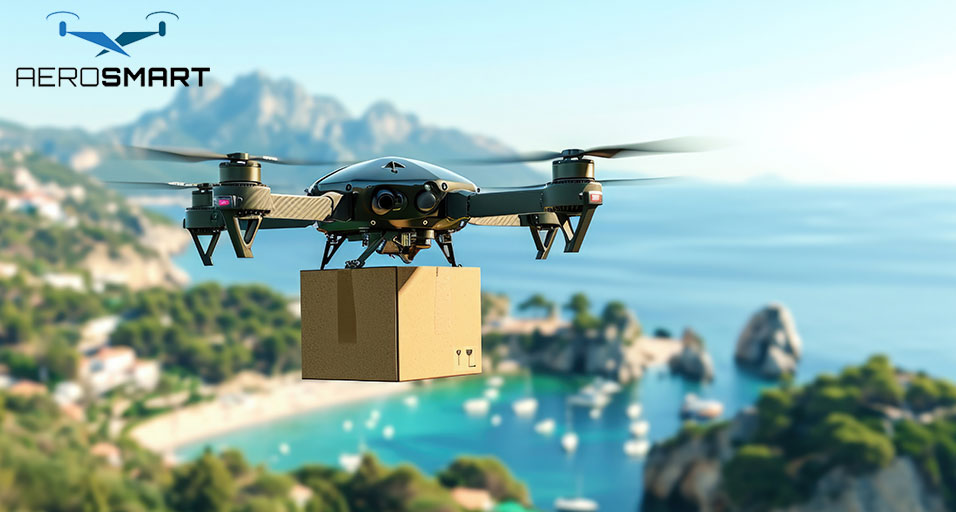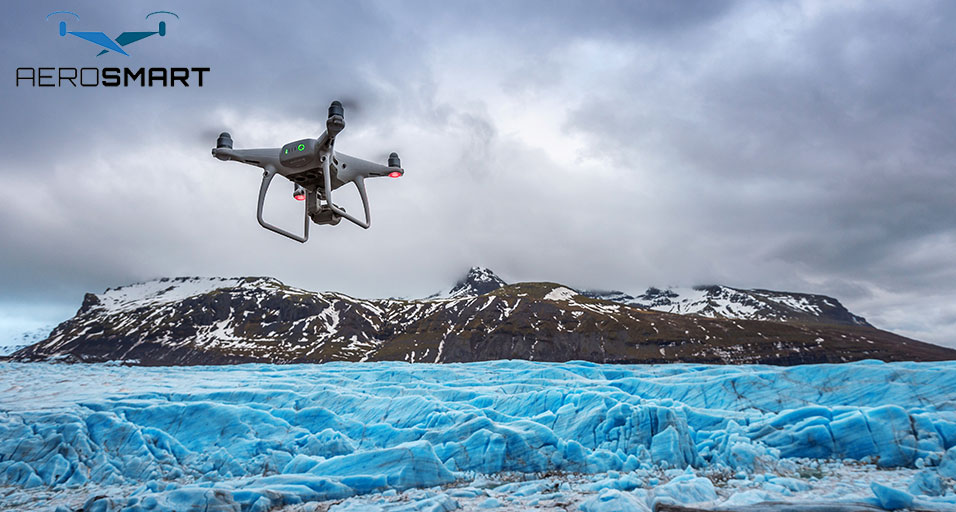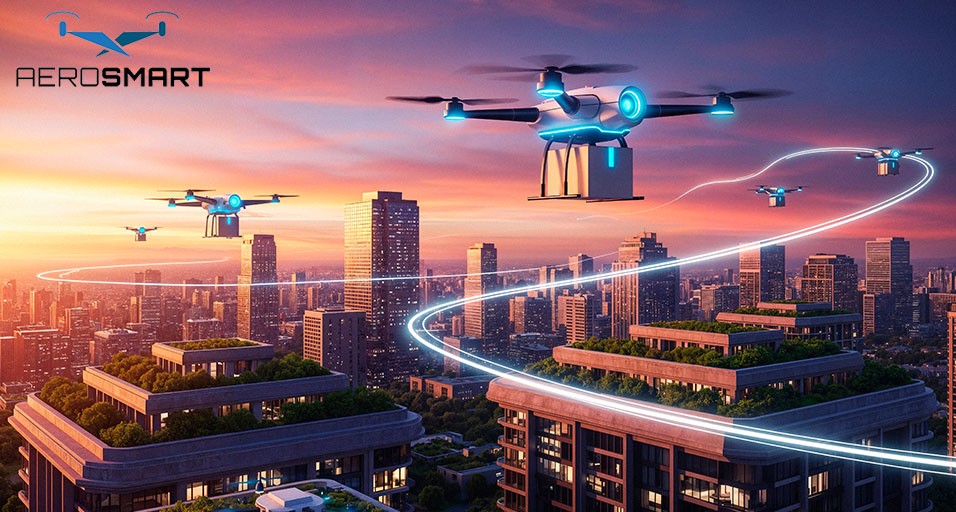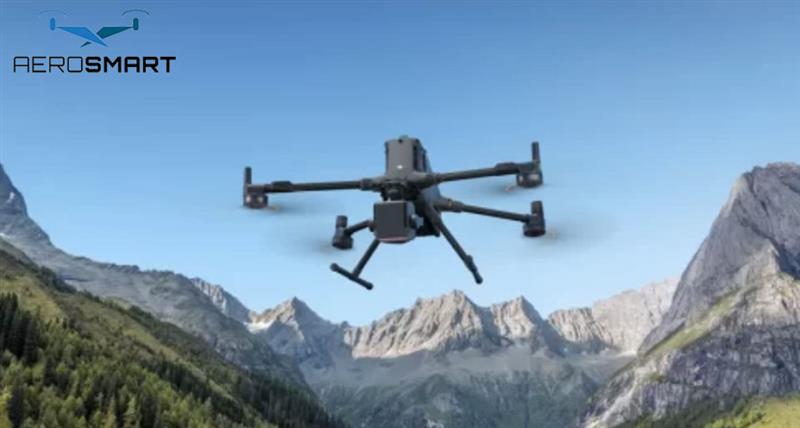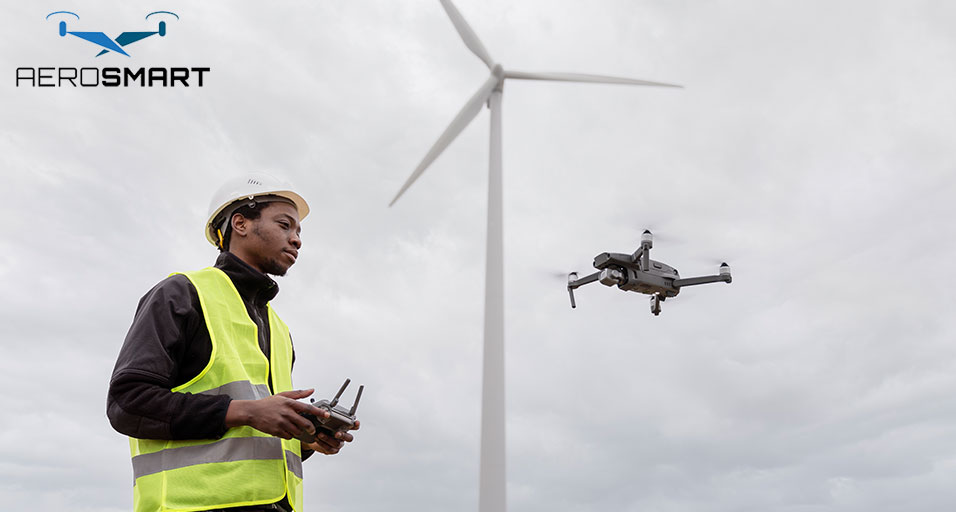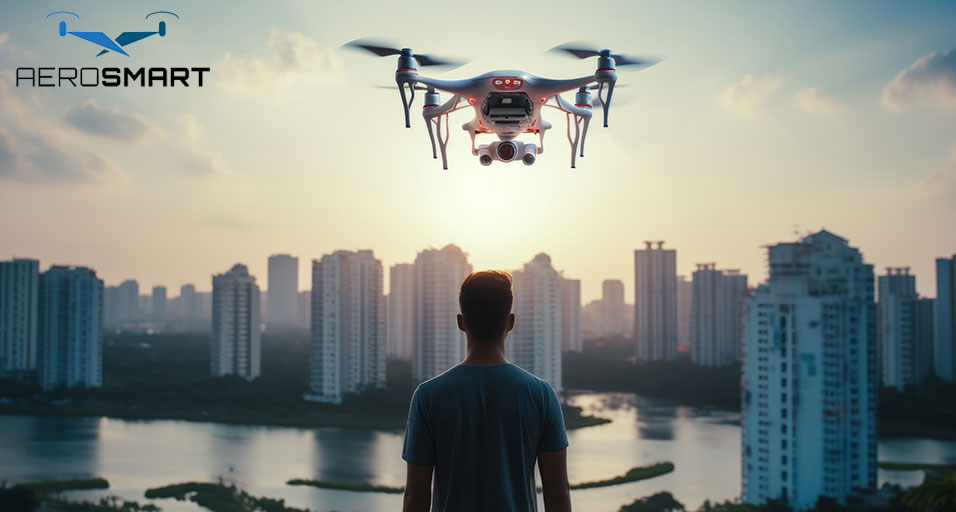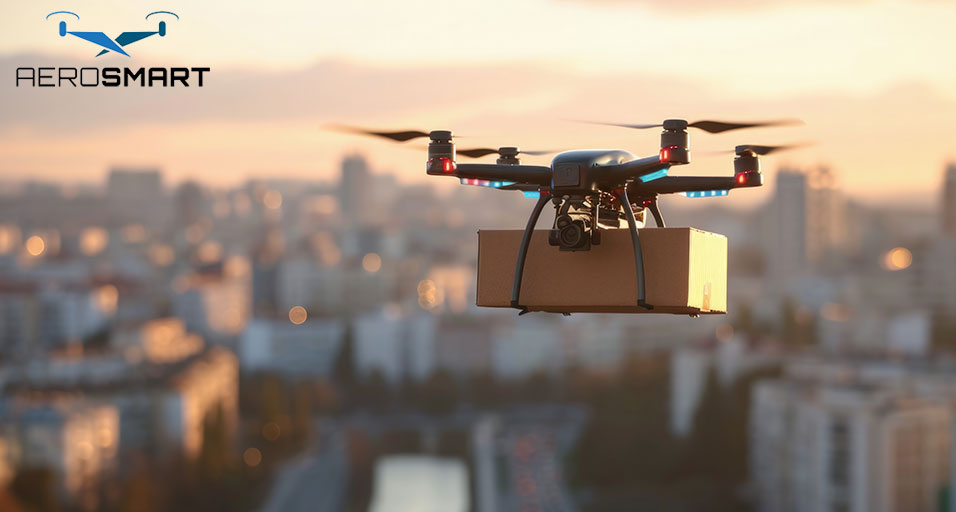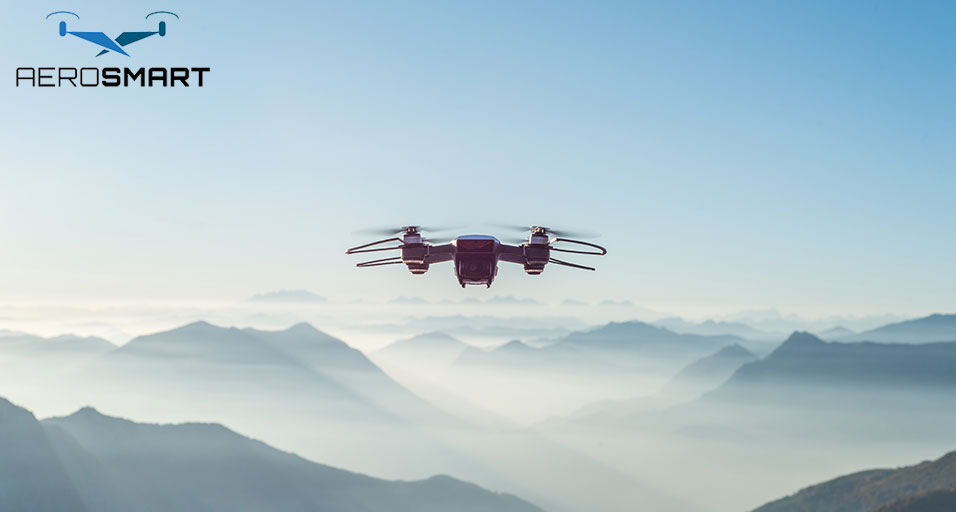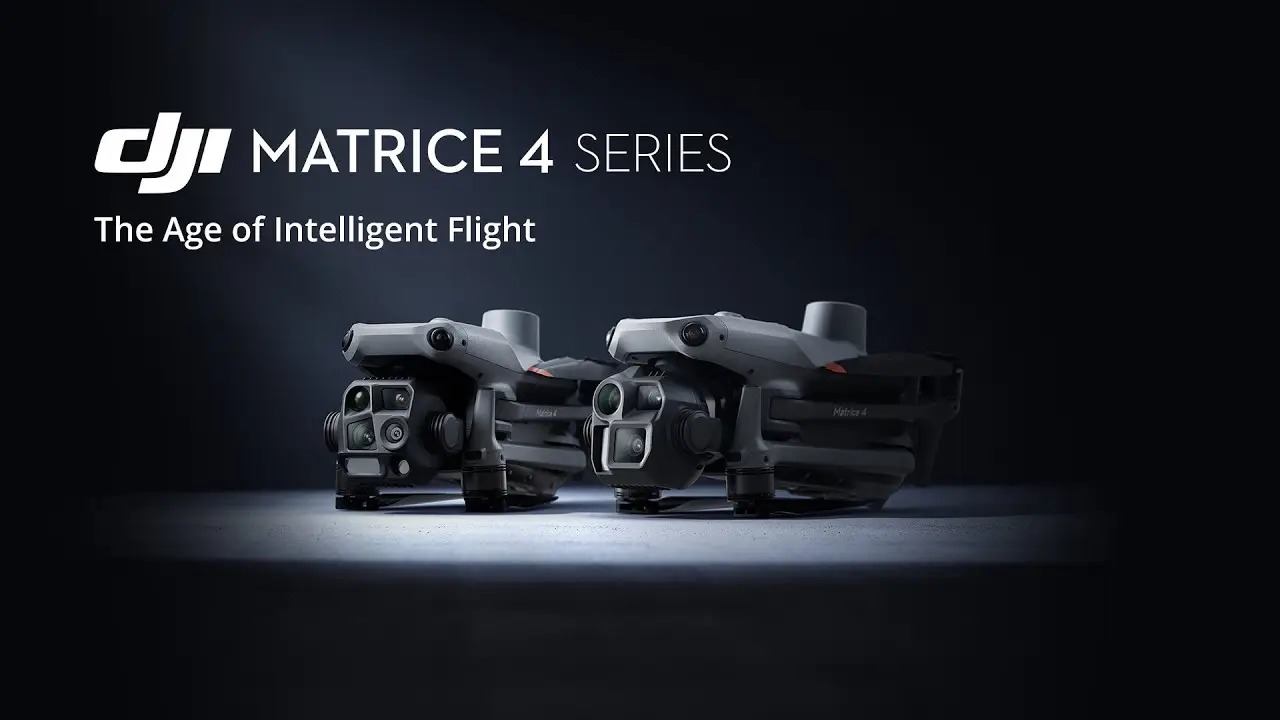Powering Up the Grid: How Drones Revolutionize the Inspection of Transmission Lines and Substations
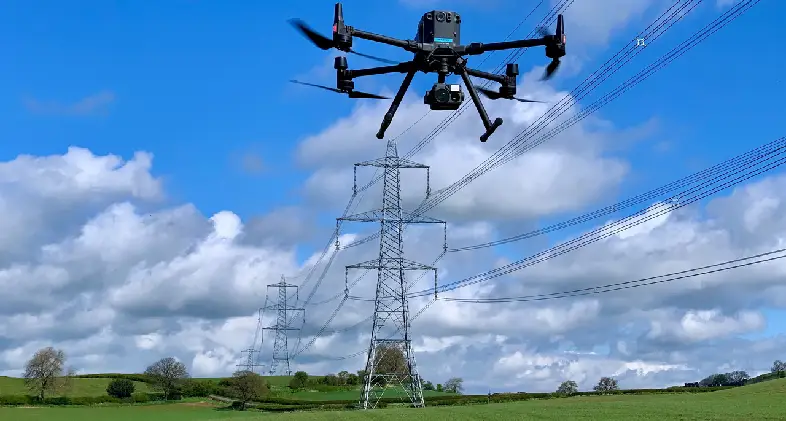
Drones have emerged as one of the most transformative tools in electrical infrastructure inspection over recent years. Drone inspections primarily employ unmanned aerial vehicles equipped with sensors and high-resolution cameras that assess transmission lines, distribution lines and substations - among other assets.
Such inspections allow energy companies to identify problems associated with, for instance, damaged elements, vegetation encroachment, and general wear on equipment, thus aiding timely repairs and proactive maintenance.
Why Drone Inspections Are Game Changers for Electric Infrastructure
With drone inspection, electric infrastructure can be inspected in a more efficient, safe, and holistic manner than ever before. As electric utilities work their way towards service fulfilment with no disruptions, drone-enhanced solutions are bringing the perfect combination of real-time data capture and cost-effective analysis that is certainly going to change the game for electric infrastructure inspection. Some of the notable key players in the industry include DJI and Autel, which produce enterprise-class drone models.
Key Advantages of Drone Aerial Inspections
In such an ever-evolving energy sector, the drone-based inspection services stand out for their quality, efficiency, and insights into data. Drones specialize in inspections of electric infrastructure and use advanced models to meet a client's specific needs. Let us see some of its key benefits:
1. Improved Safety: The most significant risks associated with high-voltage inspection can be minimized by drones. Drones easily reach such no-go zones from a distance, where direct contact with dangerous zones is minimized, and persons do not need to use ladders, bucket lifts, or scaffolding.
2. Efficiency and Cost Savings: Drones are capable of covering vast areas for inspections in a much shorter time than an equivalent human inspection team, which translates to saving time and labour costs. Advanced drones like the DJI Mavic 3E and the Autel Alpha enable energy companies to detect defects quickly and easily, thus preventing costly breakdowns and outages.
3. Higher Efficiency: Equipped with high-resolution cameras, thermal imaging, and LiDAR sensors, the DJI Zenmuse H30, Zenmuse P1, and Zenmuse L2 capture detailed imagery and topography that inspectors may then assess multiple different aspects of asset conditions, including visual, thermal, and structural data collection.
4. Advanced Analytics and Reporting: An aerial drone inspection generates large data sets that can be interpreted using specialized software platforms. For instance, using products such as the DJI Mavic 3T or Autel EVO II Dual 640T Enterprise V3, captured data is processed to provide actionable insights, allowing utilities and cooperatives to prioritize their maintenance as well as resource allocation.
Drone Models that Shine in Electric Infrastructure Inspections
To get the best out of aerial drone inspections, it is essential to select the proper drone. Some of the best drones used for electric infrastructure are:
1. DJI Matrice 350 RTK: The drone is available with advanced RTK technology, giving a high degree of accuracy in mapping and geospatial analysis.
2. DJI Mavic 3E and Mavic 3T: It's known for its great quality cameras and thermal imaging, which makes it ideal for getting real-time data.
3. DJI Zenmuse H30 and P1: Payload cameras give unmatched imaging quality and are therefore, ideal for inspecting transmission lines.
4. Autel EVO II Dual 640T Enterprise V3 Thermal model: The camera produces clear, high-resolution thermal images.
5. Autel EVO Lite 6K Enterprise High-resolution: It capture, even in relatively low light conditions, makes it a good tool for infrastructure inspections.
Bottom Line
The application of drones in inspection will bring about a safer, more efficient, and environmentally friendly way to the practice of electric infrastructure maintenance. Drones operate with high-quality data collection and advanced analytics for such applications in the industry, like those from DJI and Autel.
Aerosmart is the industry leader in energy infrastructure powered by drones. And, as a partner to help you achieve the modern data-enriched inspection program, learn how Aerosmart's drone solutions will enable your grid to power up more efficiently than ever.
